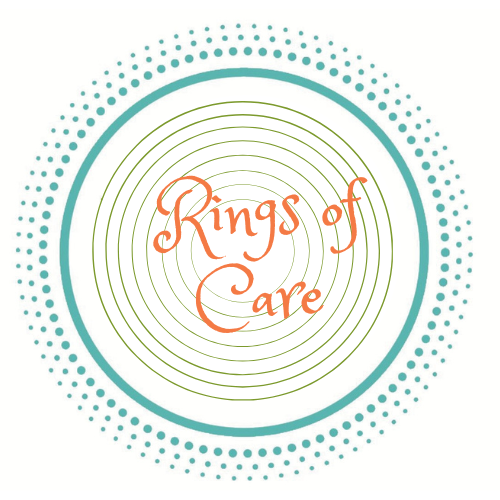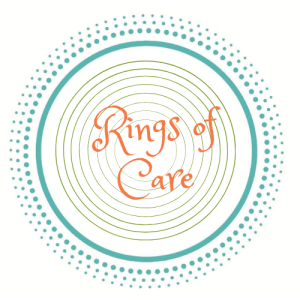Informal caregivers play a crucial role in patient-centered care by providing essential support and assistance to individuals who require ongoing care due to illness, disability, or aging. Patient-centered care emphasizes the active involvement of patients and their families in healthcare decisions, ensuring that care is tailored to their specific needs, preferences, and values. Here’s how informal caregivers contribute to patient-centered care:
1. Continuity of Care: Informal caregivers often have a deep understanding of the patient’s history, preferences, and daily routines. They can provide valuable insights to healthcare professionals, ensuring continuity of care and enabling a more holistic approach to the patient’s well-being.
2. Emotional Support: Informal caregivers offer emotional support, companionship, and reassurance to patients during challenging times. Their presence can greatly enhance the patient’s emotional well-being and overall satisfaction with care.
3. Activities of Daily Living (ADLs): Informal caregivers assist patients with various activities of daily living, such as bathing, dressing, eating, and mobility. By helping patients maintain their independence and dignity, caregivers contribute to a patient-centered approach that focuses on preserving the patient’s autonomy and quality of life.
4. Medication Management: Informal caregivers often play a crucial role in managing the patient’s medications. They ensure that medications are taken as prescribed, monitor for side effects, and communicate any concerns or issues to healthcare providers. This collaboration between caregivers and healthcare professionals promotes patient safety and adherence to treatment plans.
5. Communication and Advocacy: Informal caregivers serve as advocates for the patient, ensuring their voices are heard and their needs are met. They can communicate with healthcare providers, ask questions, and provide information about the patient’s condition, preferences, and goals. This open communication promotes shared decision-making and empowers patients to actively participate in their care.
6. Care Coordination: Informal caregivers often coordinate various aspects of the patient’s care, such as scheduling appointments, arranging transportation, and organizing support services. Their involvement helps streamline the healthcare process and ensures that the patient receives comprehensive and well-coordinated care.
7. Education and Support: Informal caregivers often learn about the patient’s condition, treatments, and self-care strategies to provide better support. They can educate themselves about the patient’s specific needs and collaborate with healthcare professionals to enhance the patient’s understanding of their condition and treatment options.
By actively engaging with patients, collaborating with healthcare providers, and addressing the patient’s physical, emotional, and social needs, informal caregivers significantly contribute to patient-centered care. Their involvement not only improves the overall care experience but also promotes better health outcomes and quality of life for the patients they assist.


